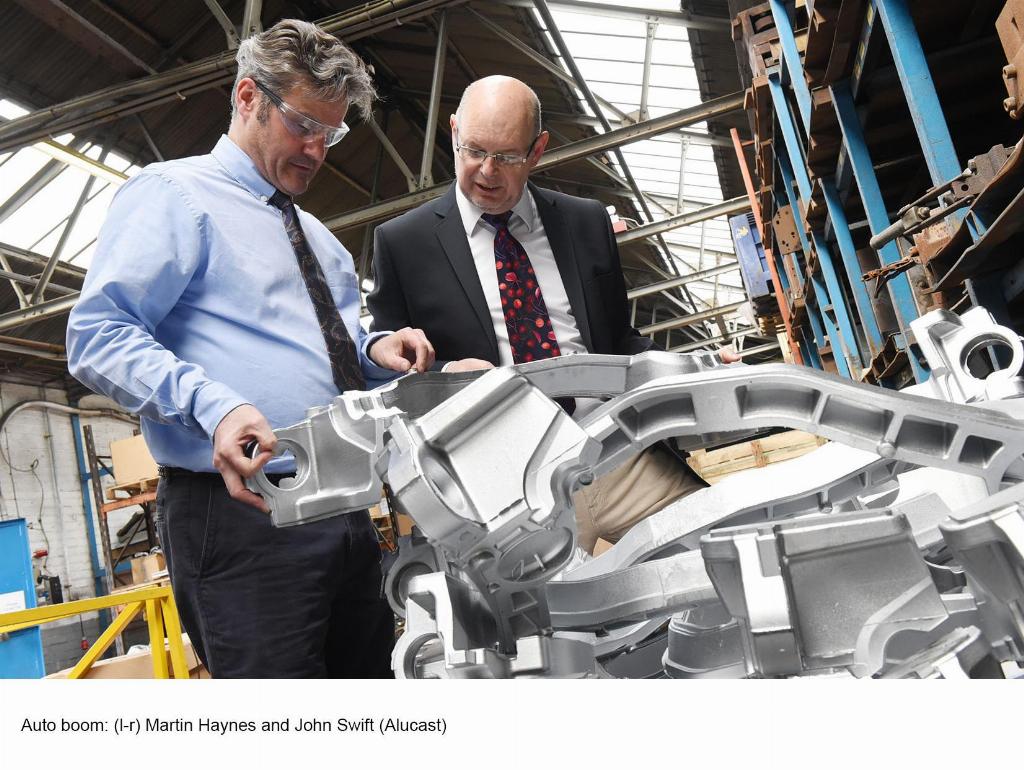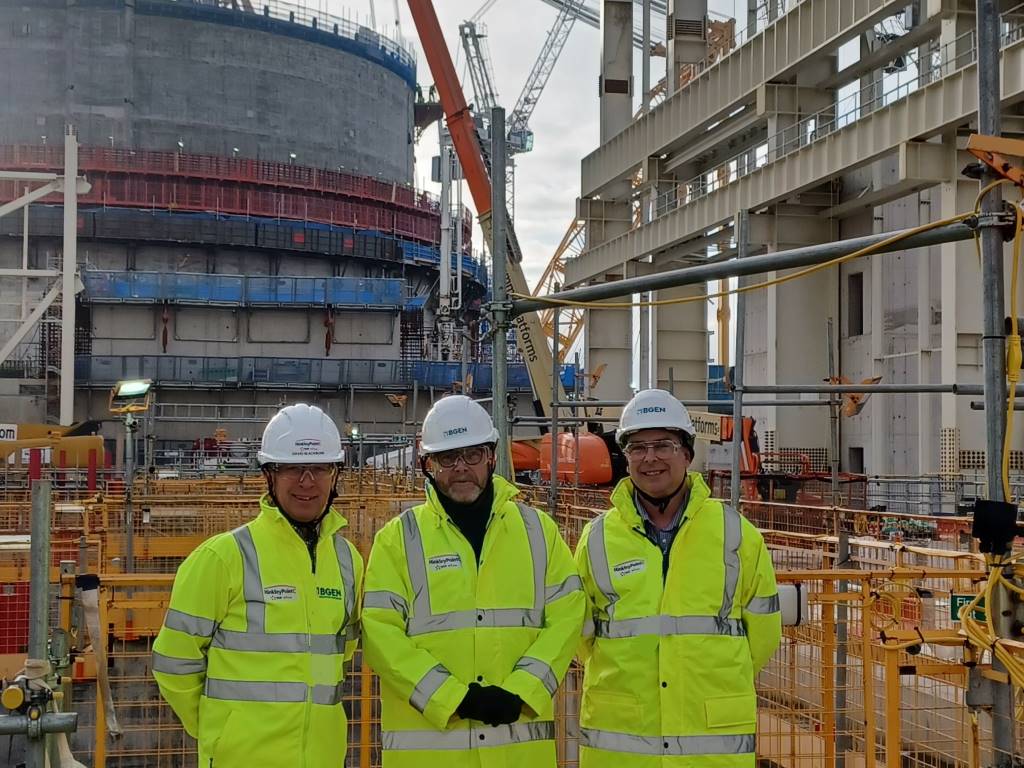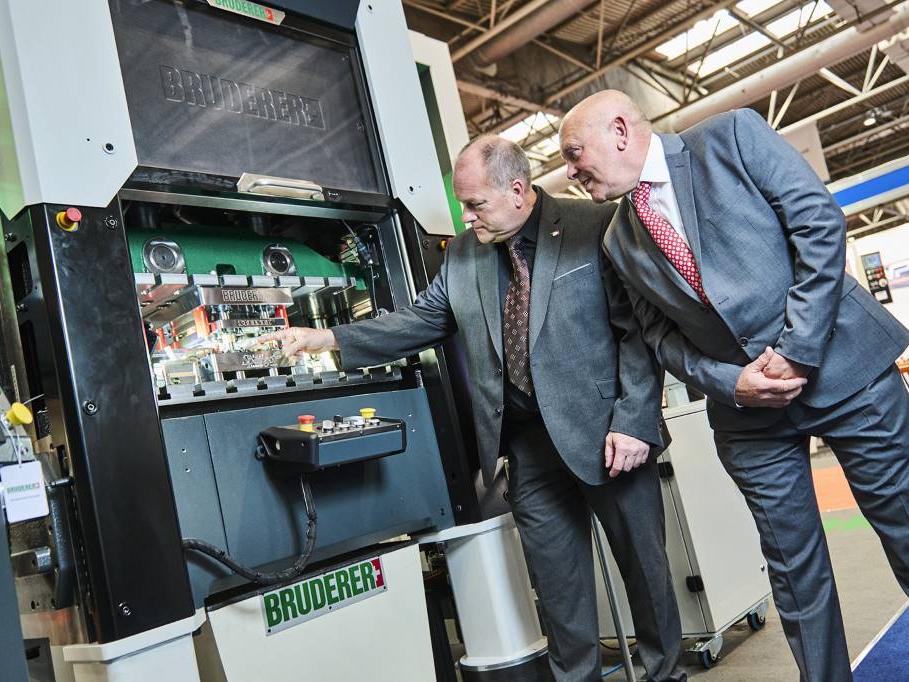UK manufacturing update: production rises as industry restart continues

Production in the UK manufacturing industry has risen at the fasted pace since May 2014 as the re-opening of the economy continues.
August saw manufacturing output expand at the fastest rate for over six years, as companies and their clients restarted operations following the national lockdown.
New order intakes also strengthened, whereas the trend in employment remained weak with job losses recorded for the seventh straight month.
Survey data for the seasonally adjusted IHS Markit/CIPS Purchasing Managers’ Index (PMI) was collected between 12-25 August.
The Index rose to a 30-month high of 55.2 in August, up from 53.3 in July. The PMI has posted above its neutral 50.0 mark for three consecutive months.
Rises in production reflects solid expansions across the consumer, intermediate and investment goods sub-sectors. The steepest growth was registered in the intermediate goods category, whereas investment goods producers saw the lowest pace of growth.

Underpinning the scaling-up of output was the fastest increase in new orders since November 2017. The domestic market remained the prime source of new contract wins, although new export orders rose moderately for the first time in 10 months.
Manufacturers mentioned improved demand from the EMEA region, North America and Australia.
The main factors driving production and new orders higher have been the re-opening of manufacturers and their clients following lockdowns and a loosening of other restrictions in place to combat Covid-19.
This has not supported a similar recovery or stabilisation in demand for staff, however, with job losses recorded for the seventh successive month.
Commenting on today’s PMI data, Fhaheen Khan, economist at Make UK, said: “Following shocking declines in output during the most difficult moments of lockdown, unsurprisingly the UK manufacturing PMI has been in expansion territory for the third month running. A mixture of new orders, and old orders, have resulted in increased output as firms across the nation have reported the easing of lockdown measures, combined with consumer-led consumption policies, have helped to restart supply-chains.
“Indeed, this highlights the sector’s role as the most likely candidate to lead the UK’s economic recovery whilst facing one of its deepest recessions on record.
“Yet, a number of concerns that may hinder that recovery remains and that this honeymoon period for above average growth may be short-lived.
“Particularly, as the Job Retention Scheme expires at the end of October, Make UK’s most recent data already indicate job losses are picking up as firms are shedding weight in order to cut costs but risk the possibility of being unable to operate in the coming months. The Government must immediately remodel their approach to the JRS and extend it to the most vulnerable subsectors, such as Automotive and Aerospace, which are dealing with a different schedule for recovery and require a more tailored approach for support.”
Markit Economics www.markiteconomics.com
Make UK www.makeuk.org














